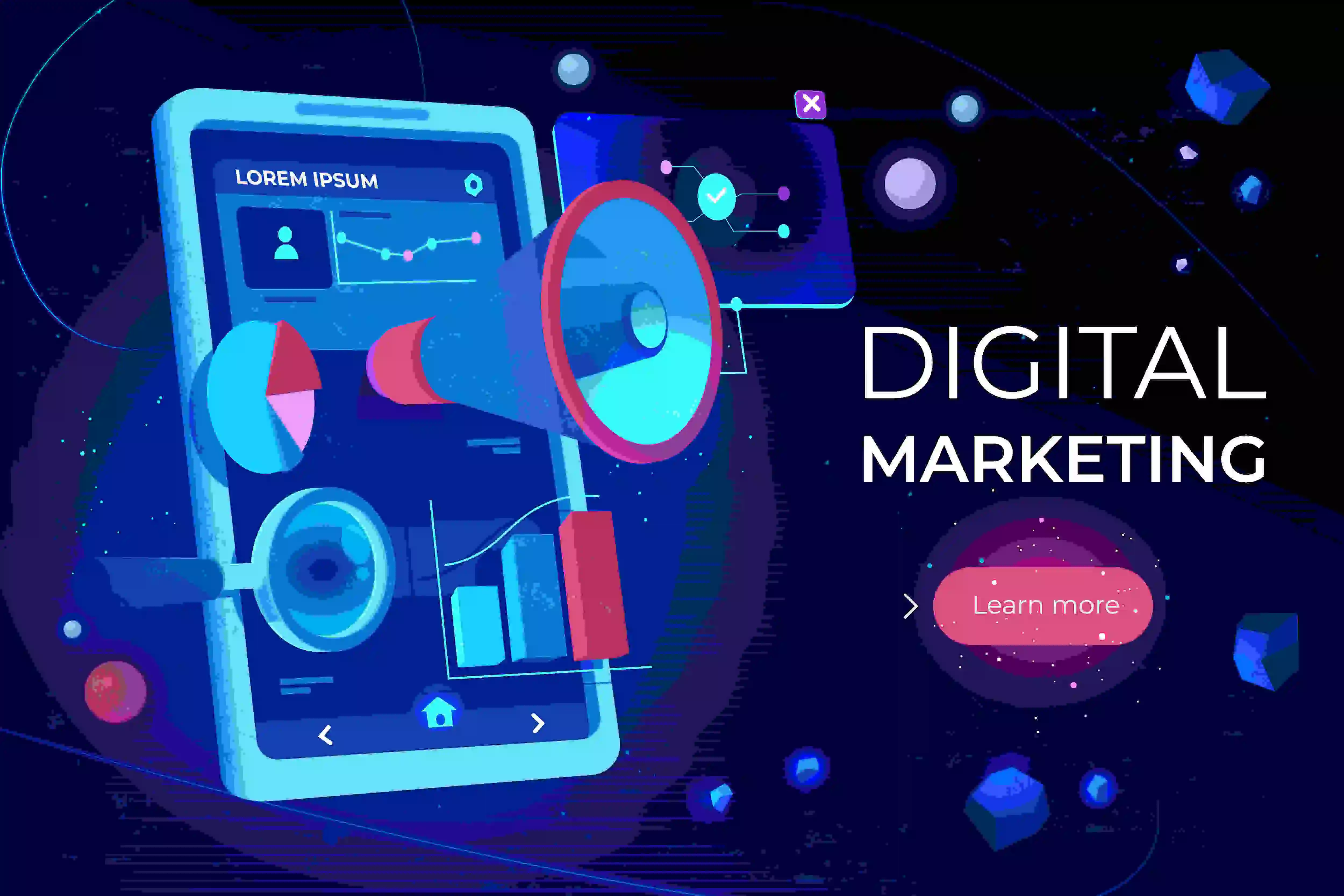Blockchain technology has been a groundbreaking force, disrupting industries, and revolutionizing the way we think about security, transparency, and trust. In this comprehensive article, we delve deep into the world of blockchain, exploring its origins, key features, diverse applications, and the potential it holds for transforming various sectors. Discover the inner workings of this decentralized ledger and how it's reshaping finance, supply chains, healthcare, and more.
Introduction: The Digital Ledger of Tomorrow
In the digital age, the concept of trust has taken on new dimensions. As we increasingly rely on the internet for transactions, communication, and information, the need for secure and transparent systems becomes paramount. Blockchain technology has emerged as a solution to this challenge, offering a decentralized and immutable ledger that promises to reshape the way we interact, conduct business, and secure our digital lives.
The Genesis of Blockchain: A Brief History
Blockchain's story begins in 2008 when a person or group using the pseudonym Satoshi Nakamoto introduced Bitcoin, a digital currency built on blockchain technology. The blockchain served as the public ledger for all Bitcoin transactions, ensuring transparency and security. It was the solution to the double-spending problem that had plagued digital currencies for years.
Understanding the Basics: How Blockchain Works
At its core, a blockchain is a distributed database that maintains a continuously growing list of records called blocks. Each block contains a set of transactions, and these blocks are linked together in a chronological chain. What makes blockchain unique is its decentralized and tamper-proof nature. The data is stored on a network of computers (nodes), and once a block is added, it cannot be altered. This creates a system of trust without the need for intermediaries.
Key Features of Blockchain Technology
-
Decentralization: Unlike traditional centralized systems, blockchain operates on a decentralized network of nodes. This means no single entity has control over the entire network, enhancing security and reducing the risk of a single point of failure.
-
Transparency: All transactions recorded on a blockchain are visible to all participants in the network. This transparency fosters trust and accountability.
-
Immutability: Once a transaction is added to the blockchain, it becomes nearly impossible to alter or delete. This immutability is a key factor in blockchain's security.
-
Security: Blockchain uses cryptographic techniques to secure data. Transactions are verified and added to the blockchain through consensus mechanisms, making it highly resistant to fraud and cyberattacks.
Types of Blockchains
Blockchain technology has evolved to accommodate various use cases, leading to the development of different types of blockchains:
-
Public Blockchains: These are open to anyone and are often associated with cryptocurrencies like Bitcoin and Ethereum.
-
Private Blockchains: Restricted to a specific group or organization, private blockchains offer more control over who can participate and access data.
-
Consortium Blockchains: A middle ground between public and private blockchains, consortium blockchains are governed by a group of organizations rather than a single entity.
Applications of Blockchain Technology
Blockchain's versatility and security make it applicable to a wide range of industries. Here are some of the key sectors where blockchain is making a significant impact:
1. Finance and Cryptocurrencies:
-
Digital Currencies: Bitcoin, Ethereum, and other cryptocurrencies rely on blockchain technology for secure and transparent transactions.
-
Smart Contracts: Self-executing contracts that automatically enforce the terms of an agreement when predefined conditions are met.
-
Cross-Border Payments: Blockchain simplifies and speeds up cross-border transactions, reducing fees and delays.
2. Supply Chain Management:
-
Provenance Tracking: Blockchain enables the tracking of goods from their origin to the end consumer, reducing fraud and ensuring product authenticity.
-
Inventory Management: Real-time tracking of inventory and assets using blockchain technology.
3. Healthcare:
-
Secure Patient Records: Patient records stored on a blockchain are secure, immutable, and easily accessible to authorized healthcare providers.
-
Drug Traceability: Ensuring the authenticity of pharmaceuticals by tracking their production and distribution through a blockchain.
4. Voting Systems:
- Secure and Transparent Elections: Blockchain can enhance the integrity of voting systems by providing a verifiable and tamper-proof record of votes.
5. Real Estate:
-
Property Transactions: Blockchain simplifies property transactions, reducing fraud and the need for intermediaries.
-
Land Title Records: Immutable land title records stored on a blockchain provide secure proof of ownership.
6. Intellectual Property:
- Copyright Protection: Blockchain can be used to establish and protect copyright ownership of digital content.
Challenges and Limitations of Blockchain
While blockchain holds immense promise, it is not without its challenges:
-
Scalability: The technology must evolve to handle a high volume of transactions.
-
Energy Consumption: Proof-of-work blockchains like Bitcoin can be energy-intensive.
-
Regulatory Concerns: Governments are still adapting to the legal and regulatory implications of blockchain.
-
Interoperability: Ensuring different blockchains can work together seamlessly is an ongoing challenge.
Future Trends and Developments
The world of blockchain is continuously evolving, with several trends and developments on the horizon:
-
DeFi (Decentralized Finance): The rise of DeFi applications is changing the way we think about traditional financial services.
-
NFTs (Non-Fungible Tokens): These unique digital assets are creating new opportunities in art, gaming, and entertainment.
-
Blockchain in Government: More governments are exploring the use of blockchain for identity verification, voting, and record-keeping.
-
Enterprise Adoption: Businesses are increasingly integrating blockchain into their operations for enhanced security and efficiency.
Conclusion: A Decentralized Future
Blockchain technology is more than a buzzword; it represents a fundamental shift in the way we conduct transactions, share data, and trust digital systems. Its applications span diverse industries, from finance to healthcare, and its potential to disrupt existing systems is only beginning to be realized. As blockchain technology continues to mature and gain widespread acceptance, it holds the promise of a more secure, transparent, and decentralized future, changing the way we interact and conduct business in our increasingly digital world.













